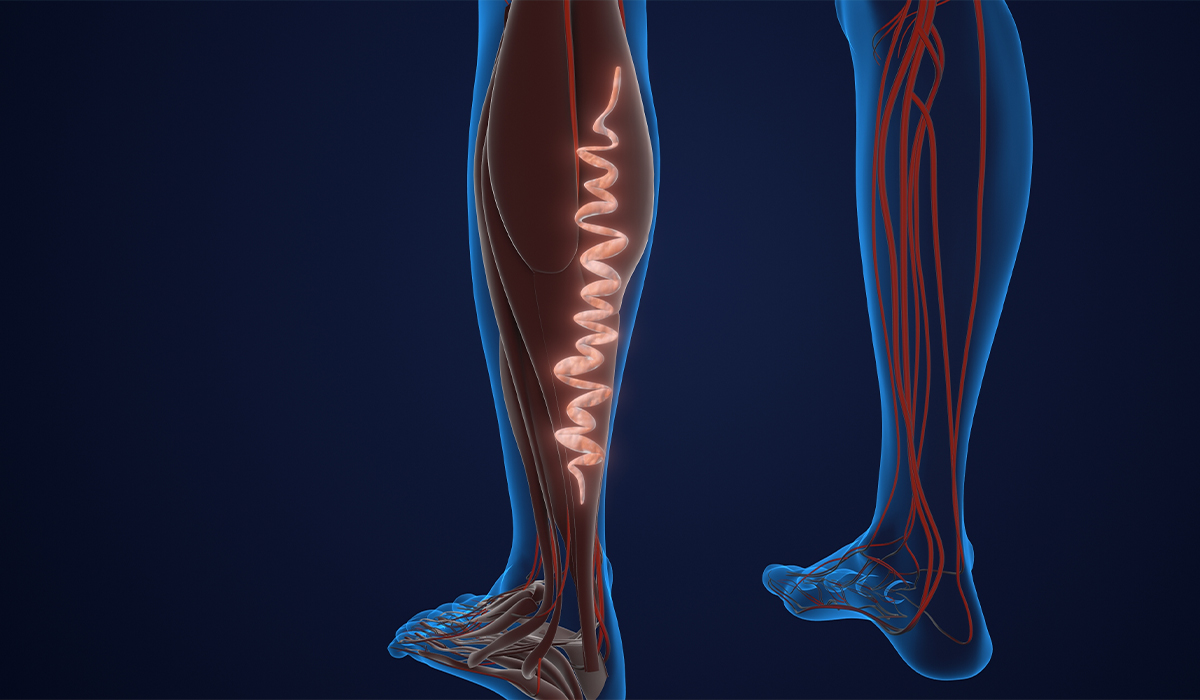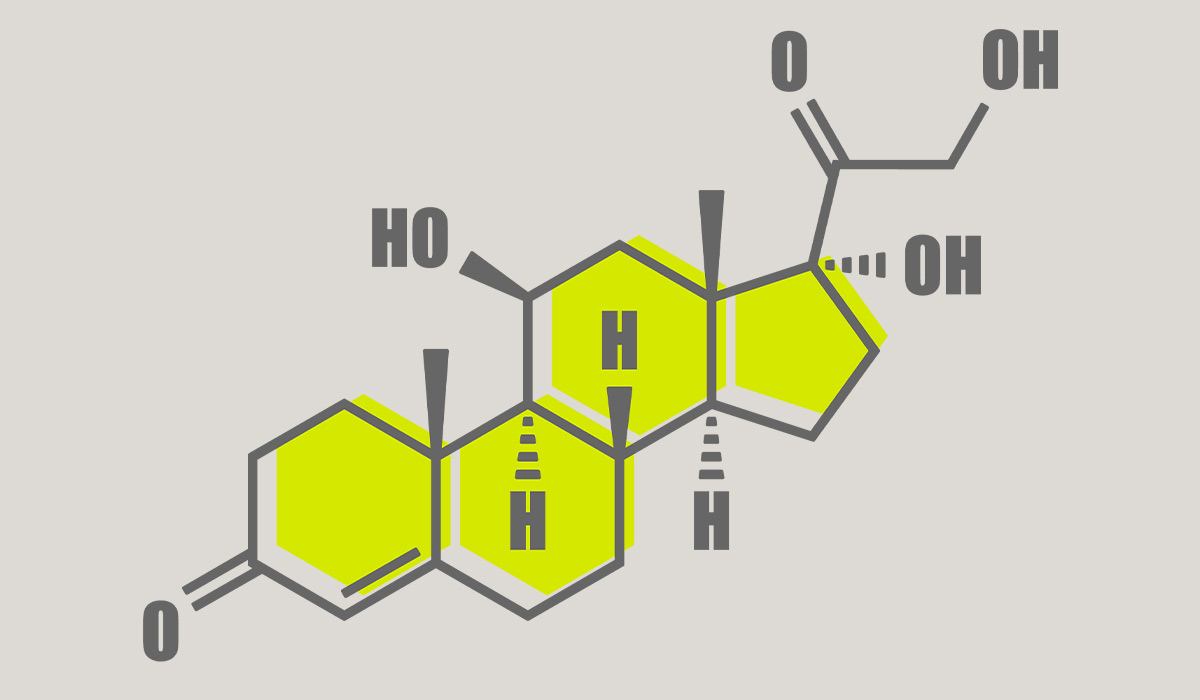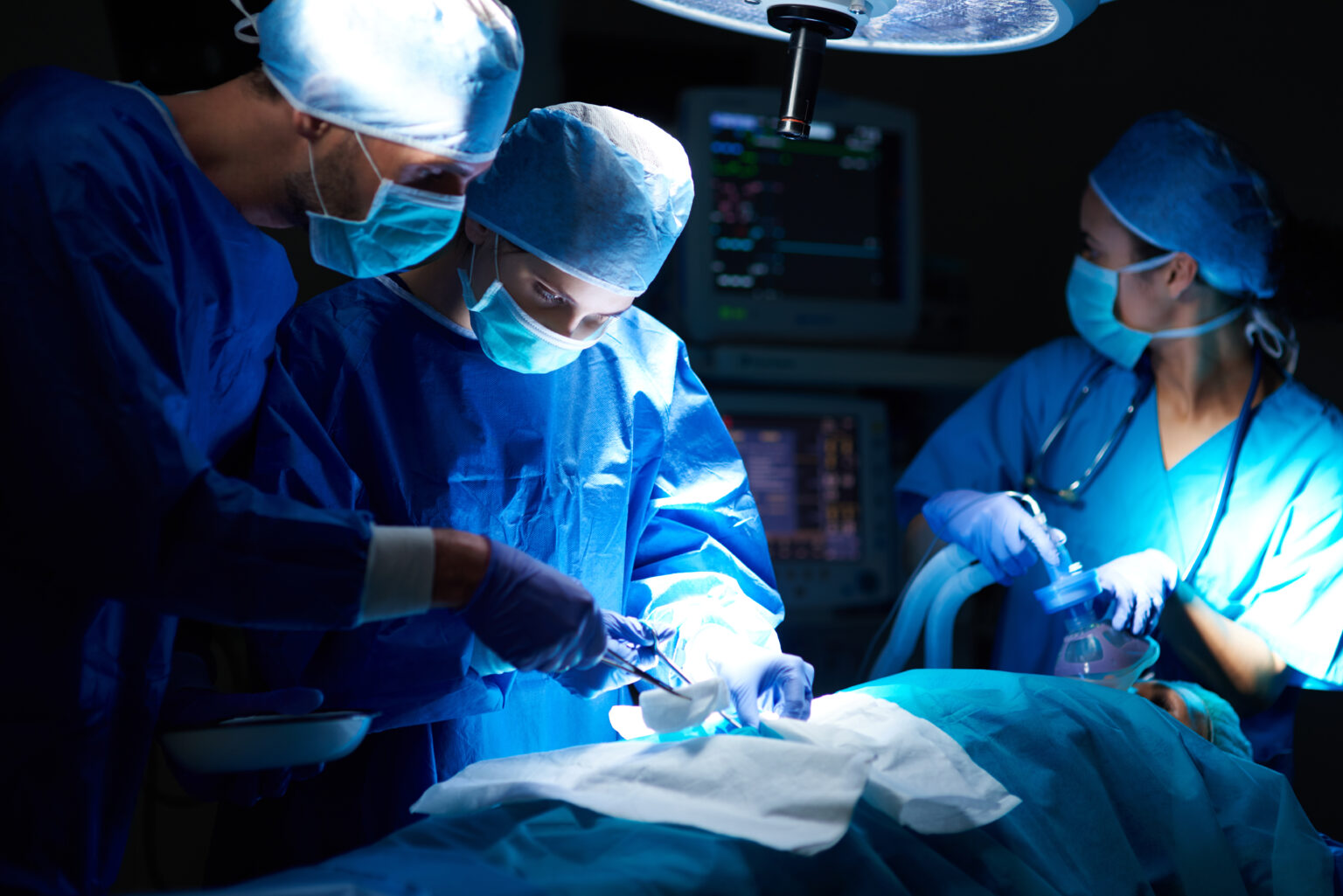
How Do You Become A General Surgeon?
General surgeons first became doctors, suggesting they had already finished medical school and gained a degree. To become surgeons, they must complete at least several years in a progressive surgical residency program. This means that completing each year prepares them for the following: After training, general surgeons pass board exams to get certification.
What Does A General Surgeon Study?
General surgeons learn the nine main elements of general surgery, which include:
- The gastrointestinal tract
- The abdominal and pelvic organs
- Breasts, skin, and soft tissues
- Head and neck
- Cardiovascular system
- Endocrine system
- Surgical oncology
- Trauma
- Critical care and emergency surgeries
During training, general surgeons must spend some years working with patients.
Characteristics Of A Good Surgeon
Every surgeon must have a set of qualities. To master and understand the vast amount of knowledge necessary to work reliably in this profession, you need excellent memory and high intelligence. To be a successful surgeon, sufficient motor skills ought to be impeccable. The specialist needs to interact with others repeatedly. They’ll communicate with other physicians and medical team members before, during, and after the procedure. Surgeons must keep calm when something unexpected occurs. Emotional resilience and the ability to distance oneself from the events at work will help the surgeon maintain good mental condition.
Surgical Specialties
General surgery is one of the surgical specializations. Other specialties include more detailed surgery. We distinguish various ones, some of them include:
- Vascular surgery
- Cardiovascular surgery (which includes procedures such as bypass surgery or replacement of heart valves)
- Thoracic surgery
- Urology
- Dental surgery
- Maxillofacial surgery
- Oncological surgery (it deals with the surgical treatment of cancer)
- Neurosurgery (involves surgical treatment of, e.g., the brain or spinal cord)
- Orthopedics
- Traumatology (traumatic surgery)
- Transplantology (organ transplant surgery)
- Bariatric surgery (dealing with the treatment of obesity)
It is worth emphasizing that the pediatric surgeon is a separate surgery department, so young patients should be operated on only by a dedicated surgeon. An adult doctor can only perform surgery on a child in life-threatening situations.
General Surgeon
General surgery is among the most sought-after surgical specialties by patients. This medical discipline encompasses pre-operative, operative, and post-operative care of patients.
First of all, they perform operations on the abdominal wall; more specifically, they can perform procedures such as:
- Appendectomy
- Removal of the gallbladder
- Removal of hernia and thyroid gland
- Mastectomy
- Surgical treatment of varicose veins
- Proctological treatment
- Surgical treatment of burns
The procedures mentioned above are performed under general anesthesia. A general surgeon may also perform minor procedures using local anesthesia. These minor procedures include, for example, incision of an abscess or suturing of a wound.
Doctors of different specializations and surgeons of other specialties, e.g., cardiac surgeons or neurosurgeons, also request a consultation from a general surgeon.
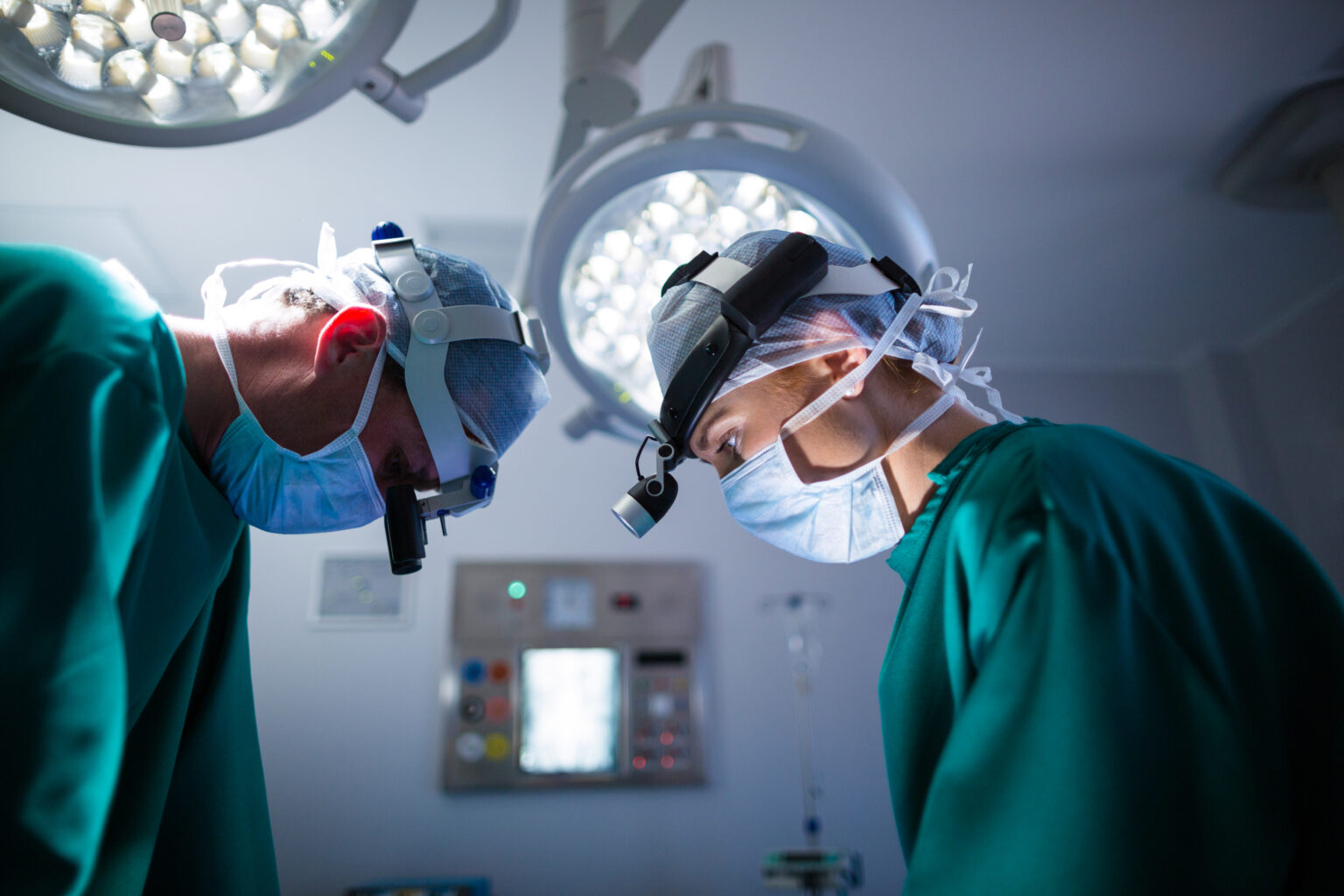
Vascular Surgeon
A vascular surgeon specializes in diseases of blood vessels and lymphatic vessels. We go to a vascular surgeon when it is necessary to perform a Doppler ultrasound – an ultrasound examination of arteries and veins. The tasks of a vascular surgeon include performing endovascular surgery and surgery on open tissues.
Cardiovascular Surgeon
A separate specialization is cardiothoracic surgery, also known as cardiac surgery, which deals with surgery on the heart and blood vessels. This specialization includes performing bypass surgeries, aortic aneurysm repairs, heart valve replacements, heart transplants, and pacemaker implantations.
Oncological Surgeon
A surgeon with a specialization in oncology deals with cancer operations. Their tasks include not only performing the surgery itself but also qualifying the patient for it.
Maxillofacial Surgeon
As the name suggests, an oral and maxillofacial surgeon deals with operations in the oral cavity, face, and neck. Such a surgeon treats congenital defects but also deals with extensive pre-cancer diagnostics and operations after mechanical injuries – for example, after an accident. It is worth emphasizing that plastic surgery is a separate specialization. Dental surgery is closely associated with maxillofacial surgery.
Plastic Surgeon
The task of a plastic surgeon is to reconstruct congenital and post-traumatic defects. For example, we can turn to them after severe burns when it is necessary to perform a skin graft or to reconstruct organs after transplantation.
Neurosurgeon
A neurosurgeon deals with operations and treatment of the nervous system. The surgeon performs brain surgery and procedures on the central and peripheral nervous system in this specialization.
Orthopedic Surgeon
An orthopedic surgeon specializes in treating both congenital and acquired defects of the musculoskeletal system, which encompasses the skeletal and muscular systems and the closely connected vessels and nerves.
Trauma surgery, also known as traumatology, is closely associated with orthopedics. Surgeons specializing in this area perform procedures on bones, ligaments, muscles, joints, and tendons.
Pediatric Surgeon
Pediatric surgeons are required to have an appropriate approach to the young patient. Therefore, perfect knowledge about the functioning of the developing organism, its physiology, and its specificity is not sufficient in this case. Treatments often require cooperation between the specialist and the child, which is sometimes difficult. A pediatric surgery specialist must have patience and the ability to get the child to cooperate. As part of their work, they always explain the planned activities to parents.
How Can A Pediatric Surgeon Help?
Pediatric surgery encompasses a wide range of responsibilities and duties, largely due to the diverse age group of patients treated by pediatric surgeons, ranging from newborns to teenagers up to 18 years old.
Pediatric surgery interests include all diseases that require surgical interventions, such as treating congenital defects, removing the appendix, repairing inguinal or umbilical hernias, removing skin lesions, treating burns, suturing and preparing wounds, assisting in fractures, and handling emergency cases.
Pediatric surgery provides early diagnosis and treatment, which is crucial in preventing adverse effects on young patients. Most cases involve congenital defects affecting the digestive, urinary, respiratory, endocrine, nervous, and circulatory systems.
When To See A Pediatric Surgeon?
We should consult a pediatric surgeon when we notice disturbing symptoms whose cause is unspecified or when we experience diseases that naturally require surgical intervention. Such symptoms include wounds and foreign bodies in the tissues, burns or frostbite, inguinal hernia, umbilical hernia, chest deformations, skin lesions, alarming weight loss, gallstones, and gastroesophageal reflux. A pediatric surgeon also deals with boyhood diseases such as cryptorchidism, testis migrants, testicular hydrocele, and phimosis.
If any developmental defects that require surgical intervention are detected during pregnancy ultrasound, see a pediatric surgeon as soon as possible. You can even talk to the surgeon before the baby is born.
Separating pediatric surgery as a specialization should be considered a huge medical progress. Thanks to this, we can be sure that the child is under the proper care of a specialist who knows the young person’s body perfectly, has extensive knowledge about diseases typical of childhood, and has skills that allow them to cooperate effectively with the young patient.
Surgical Consultation
Surgical consultations always precede surgical treatment. During the first meeting, the general surgeon collects the necessary interview and gets acquainted with the medical history and test results. Then, if necessary, the specialist performs a physical examination, including a pulse test and a sensory test. During the visit, additional tests are also planned, and a decision on the type of treatment is made.
In the case of a surgical consultation immediately before the procedure, the patient will receive a referral for pre-operative tests. The so-called preoperative profile includes blood count, APTT + INR (parameters informing about blood clotting), ionogram (Na, K), blood type, ECG, creatinine, and urea levels (after the age of 50).

Preparations
Before coming for medical consultation, it is worth preparing a list of past diseases, medications and supplements taken (including herbal ones), allergies, and if the patient has one, as well as medical documentation of the disease and procedures performed. Consider when exactly your current health problems and symptoms that concern you occurred. It is also significant not to conceal anything during the surgical consultation.
What Problems Can You Report To A Surgeon?
Problems include:
- Abdominal pain, especially when appendicitis or diverticulitis is suspected
- To determine whether, in the course of a disease, e.g., cancer or inflammatory disease, there is a need to perform surgery
- Varicose veins of the lower limbs, also when thrombosis is suspected
- Difficult-to-heal wounds
- Foreign bodies embedded in body tissues
- Skin lesions qualified for excision
- Ingrown toenail
- Diabetic foot
- Scars requiring treatment
Surgical Techniques
There are two basic techniques for performing surgical procedures.
Open Surgery
During open surgery, the specialists cut skin and tissues to completely view the structures or organs affected.
Minimally Invasive Surgery
Minimally invasive surgery is any procedure surgery that does not require a large incision. This technique permits the patient to recover faster with less discomfort. Not all situations are appropriate for this kind of surgery; however, many surgery procedures now fall under minimally invasive surgery. This may be used to evaluate illnesses and injuries, as well as to acquire tissue samples and make repairs. Those include:
- Laparoscopy
- Endoscopy
- Arthroscopy
- Bronchoscopy
- Thoracoscopy
- Cystoscopy
- Gastroscopy
- Hysteroscopy
- Laryngoscopy
- Sigmoidoscopy
- Colonoscopy
Sources
- General surgery. NHS.
https://www.healthcareers.nhs.uk/explore-roles/doctors/roles-doctors/surgery/general-surgery - Opportunities in surgery. NHS.
https://www.healthcareers.nhs.uk/explore-roles/doctors/roles-doctors/surgery - Vascular surgery. NHS.
https://www.healthcareers.nhs.uk/explore-roles/doctors/roles-doctors/surgery/vascular-surgery - Cardiothoracic surgeon. NHS.
https://www.healthcareers.nhs.uk/explore-roles/doctors/roles-doctors/surgery/cardiothoracic-surgery - Medical oncology. NHS.
https://www.healthcareers.nhs.uk/explore-roles/doctors/roles-doctors/medicine/medical-oncology - Oral and maxillofacial surgery. NHS.
https://www.healthcareers.nhs.uk/explore-roles/doctors/roles-doctors/surgery/oral-and-maxillofacial-surgery - Plastic surgery. NHS.
https://www.healthcareers.nhs.uk/explore-roles/doctors/roles-doctors/surgery/plastic-surgery - Neurosurgeon. NHS.
https://www.healthcareers.nhs.uk/explore-roles/doctors/roles-doctors/surgery/neurosurgery - Trauma and orthopaedic surgery. NHS.
https://www.healthcareers.nhs.uk/explore-roles/doctors/roles-doctors/surgery/trauma-and-orthopaedic-surgery - Paediatric surgery. NHS.
https://www.healthcareers.nhs.uk/explore-roles/doctors/roles-doctors/surgery/paediatric-surgery - Seeing a specialist. NHS.
https://www.nhs.uk/conditions/having-surgery/specialist/ - Open surgery in the era of minimally invasive surgery. NIH.
https://www.ncbi.nlm.nih.gov/pmc/articles/PMC8913255/ - Minimally invasive surgery. NIH.
https://www.cancer.gov/publications/dictionaries/cancer-terms/def/minimally-invasive-surgery



